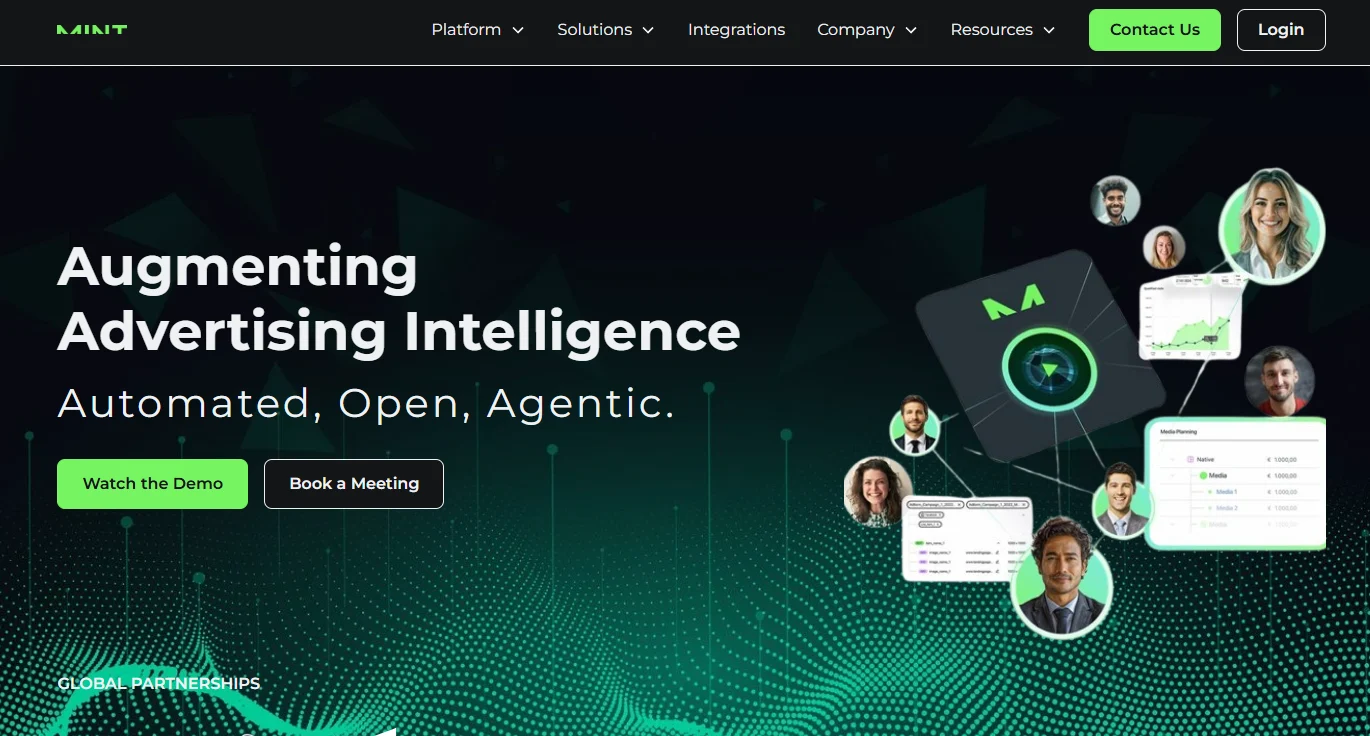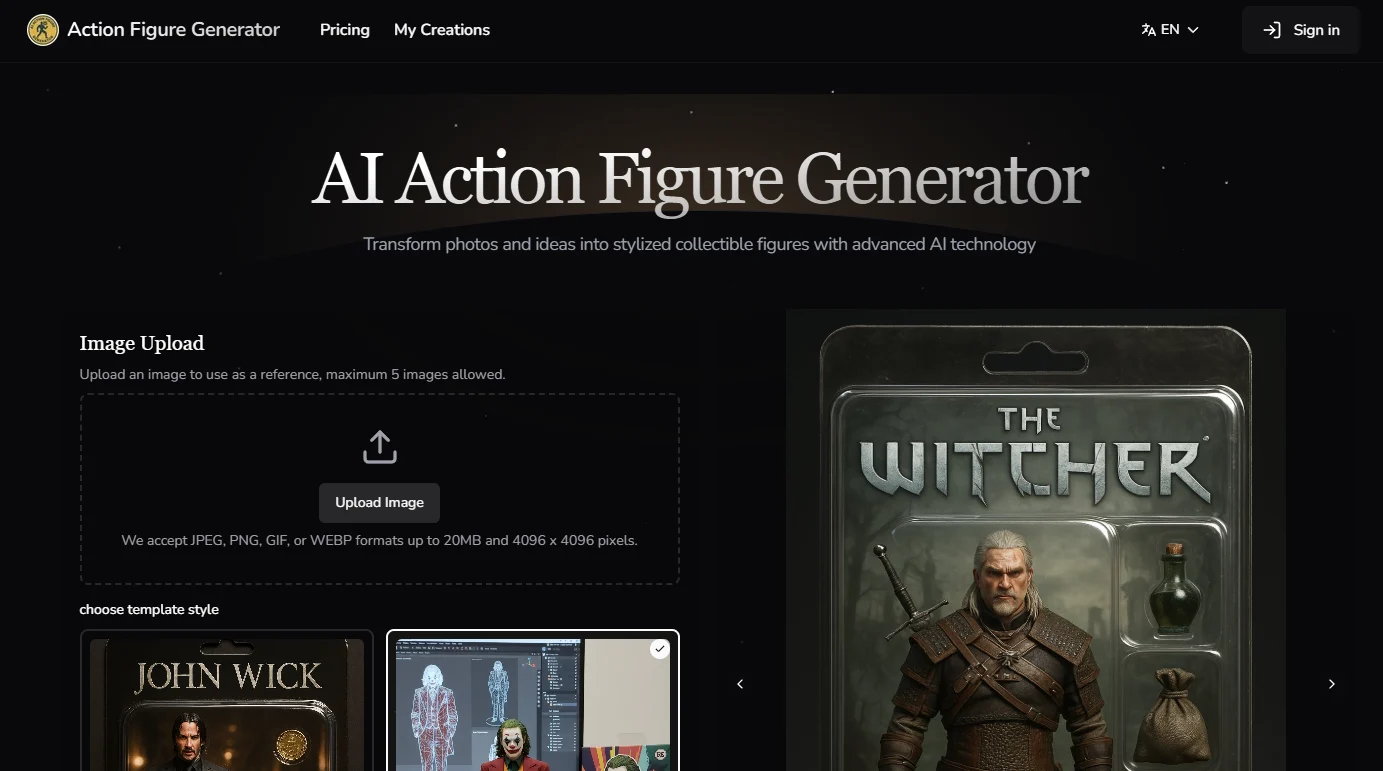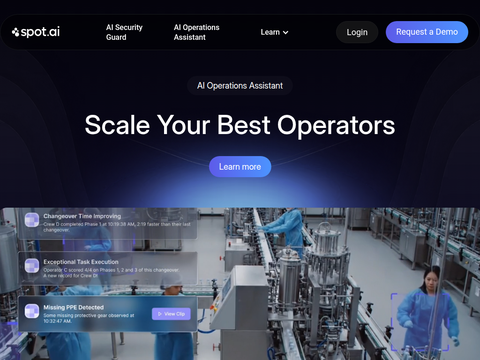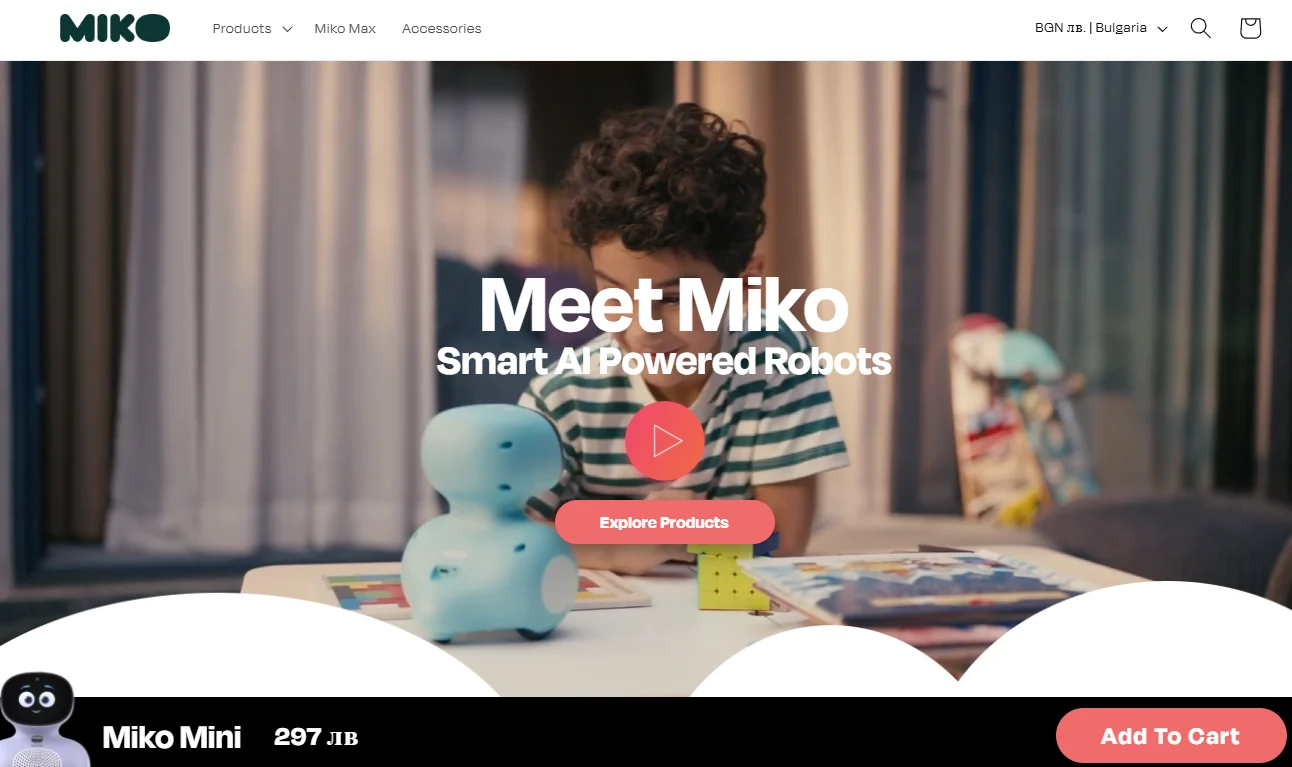Recently, Sam Altman, the CEO of OpenAI, revealed during a Reddit AMA that the company is facing challenges with insufficient computational capacity, directly impacting the rollout of new products.
When asked about the prolonged development cycle for OpenAI's next-generation AI models, Altman candidly stated, "These models are becoming increasingly complex, and the demand for computational resources is growing." According to a TechCrunch report last week, Altman also mentioned that the company is facing numerous constraints in allocating computational resources, requiring tough decisions among many great ideas.
This shortage of computational capacity has already impacted several of OpenAI's products. Altman disclosed that due to limited resources, the launch of ChatGPT's realistic conversational feature, Advanced Voice Mode, will need to be delayed. Additionally, the release schedule for the latest version of DALL-E has been affected, with no specific timeline available at this time.
Furthermore, OpenAI's video generation tool, Sora, has also been affected. Kevin Weil, the Chief Product Officer, mentioned during the Q&A session that the refinement of Sora, ensuring its security, handling other matters correctly, and expanding computational capacity have all posed challenges to its development.
However, despite numerous challenges, OpenAI continues to innovate and make breakthroughs. Last week, the company launched a significant upgrade to the ChatGPT chatbot, integrating web search capabilities that can provide answers with source references directly. This innovative move not only enhances user experience but may also challenge traditional search engines.
This development signifies OpenAI's foray into a domain long dominated by Google, offering a more natural method of online information retrieval. ChatGPT can synthesize information and provide original source links, saving users the hassle of sifting through multiple search results.
On the eve of Thanksgiving, media outlets also explored how AI technology is influencing shoppers' holiday preparations. According to reports, guidelines have been circulating to help shoppers use generative AI in planning their annual food-related festivities. These guides advise consumers to leverage AI to alleviate the stress of holiday planning, assisting with everything from budgeting and adjusting recipes based on the number of guests to accommodating dietary restrictions.
Additionally, studies have shown that many shoppers express strong interest in the application of AI throughout the shopping journey. Among them, 44% of consumers indicate at least some interest in utilizing AI for shopping; this figure rises to 60% among Generation Z, and 54% among Millennials.
OpenAI faces both challenges and opportunities. Although the strain on computational capacity has affected the launch of new products, the company continues to strive for innovation and breakthroughs. In the future, as technology advances and resources gradually increase, it is believed that OpenAI will overcome these challenges and deliver more high-quality products and services to users.








